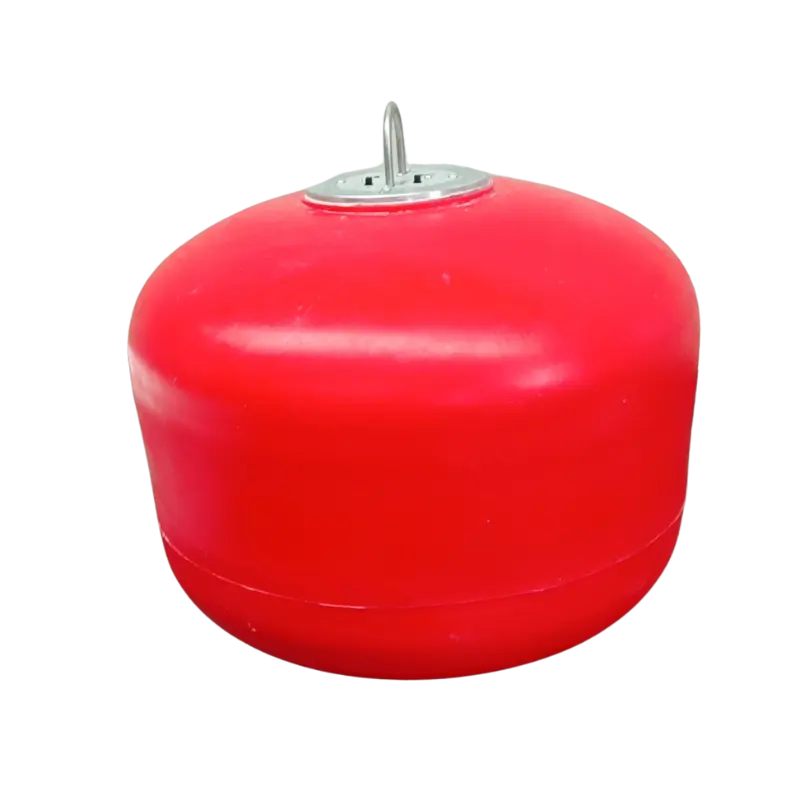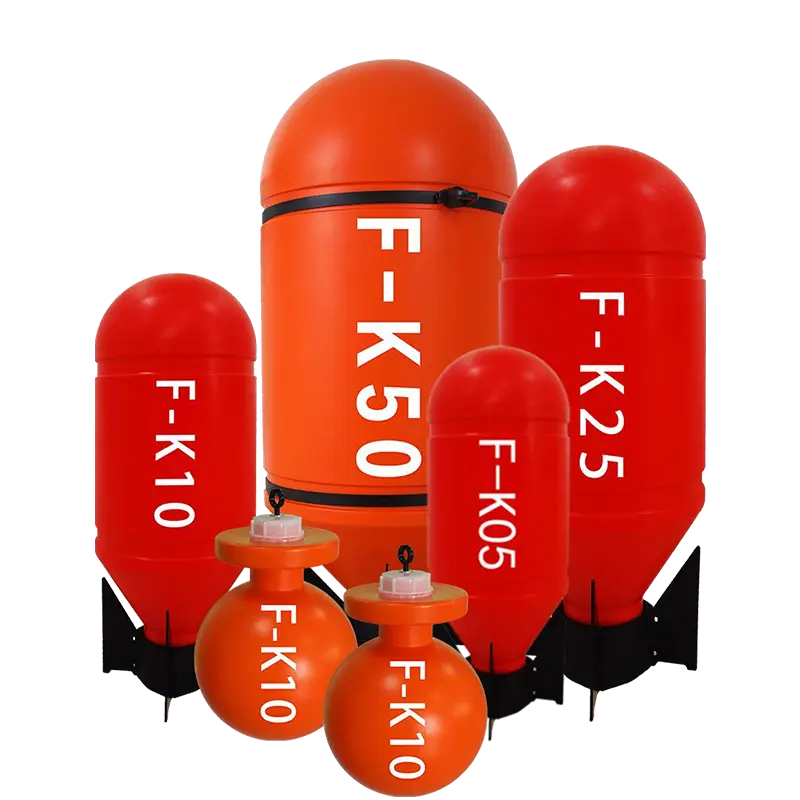Revolutionizing Wildfire Response: How Firefighting Drones and Fire Extinguisher Bombs Are Changing the Game
As wildfires and bushfires increase in frequency and intensity across the globe, the need for faster, more precise, and safer firefighting methods has never been more urgent. One of the most innovative technologies stepping up to meet this challenge is the firefighting drone, paired with a new generation of aerial fire extinguisher bombs.
Traditional firefighting tactics often face limitations in difficult terrain, low visibility, and hazardous heat conditions. In contrast, drone-based solutions offer greater agility, real-time situational awareness, and reduced risk to human firefighters. These drones are specifically designed to carry and deploy firefighting bombs—specially engineered canisters filled with fire-suppressant agents capable of extinguishing flames on contact.
The use of fire extinguishing bombs is especially valuable in the early stages of a forest fire, when rapid containment can prevent disaster. Deployed from drones flying at low altitude, these devices can accurately target the base of the fire, minimizing collateral damage and improving suppression efficiency. Unlike traditional water bombing, which requires costly aircraft and significant logistical support, drone-deployed extinguishers offer a leaner, faster response option.
Government agencies and private operators are already investing in these solutions to better prepare for fire seasons. For example, NASA’s FireSense program explores how drones and AI can help predict and combat wildfires more effectively. Meanwhile, companies like Drone Amplified are developing specialized UAVs to work in high-risk fire zones, even during active operations.
Beyond large-scale bushfires, these systems can also be deployed in industrial or remote facility settings, where fire risk is high and traditional access is limited. The adaptability of drones allows for rapid deployment, night operations, and autonomous mission planning—capabilities that are transforming how first responders approach fire scenarios.
The increasing reliance on fire fighting drones and aerial suppression tools is not just a technological trend—it’s a paradigm shift in emergency response. As climate change continues to exacerbate fire seasons globally, drone-based firefighting is becoming a frontline defense in the battle to protect ecosystems, property, and human lives.
For those in the emergency services or wildfire management industries, now is the time to consider how these evolving tools—like the fire extinguishing bomb—can enhance operational readiness and effectiveness in the face of escalating fire threats.
Environment-friendly, Toxic-free
Filled with ABC firefighting powder or water-based fire extinguisher, no toxic ingredients contained and no harmful gases generated during normal use
Quickly Extinguishing Wildfire
Filled with ABC firefighting powder or water-based fire extinguisher, no toxic ingredients contained and no harmful gases generated during normal use
Preset Detonation Time/Height
Unlike ordinary fire extinguishers that only explode in the flame, this wildfire fighting device detonates in the air through a timer to maximize the coverage of the flame with the extinguishing agent
Extinguishing Area Per Bomb
With the power of the detonation, the fire extinguishing agent will cover an area of up to 100 ㎡
Thick Rugged Shell
The bomb shell is made of HDPE material, with a thickness of up to 4mm, to prevent damage during transportation
Detonation Time
Users can set the detonation time to 2s or 3s, with corresponding release heights of 30m and 60m, to achieve the best detonation height
| Specification | 25L Fire Extinguisher Bomb | 50L Fire Extinguisher Bomb |
|---|---|---|
| Fire extinguisher | Powder: ABC ultra-fine powder Water-based: Water-based agent |
|
| Filling amount | Powder-based: 18kg Water-based: 25kg |
Powder-based: 35kg Water-based: 50kg |
| Release method | By drone/airplane/helicopter | |
| Delay accuracy | 5 ms | |
| Control method | Preset height or time | |
| Spraying radius | 5 m | 10 m |
| Coverage area | 70 ㎡ | 100 ㎡ |
| Release height | 30 m | 60 m |
| Lifetime | 2 years | |
| Dimension | 390 mm * Φ390 mm | 450 mm * Φ440 mm |


